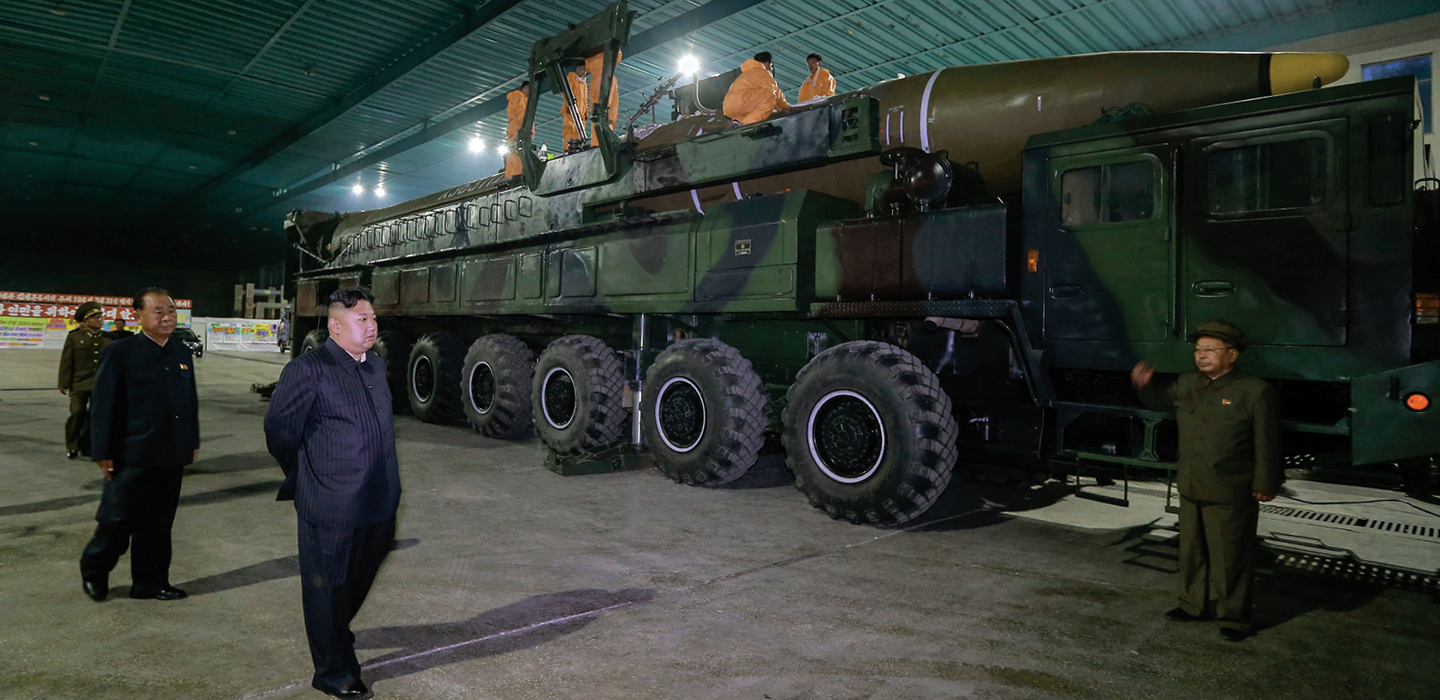For decades, the danger that North Korea posed to the mainland United States was hypothetical. The rogue Communist nation’s leaders often spoke of destroying the “American imperialists,” but they had no real way to back up their bluster.
They’re much closer to having it now.
In July, North Korea tested an intercontinental ballistic missile that experts say is capable of reaching many cities in the U.S. It’s a milestone in North Korea’s military capability that a long list of U.S. presidents have said could not—and would not—be tolerated.
“It’s extremely important,” says Bruce Klingner, a North Korea expert at the Heritage Foundation, a think tank in Washington, D.C., “because it’s the manifestation of North Korea’s decades-long quest to be able to threaten the U.S. with nuclear weapons. And it shows that the threat is very imminent.”
The danger that North Korea posed to the United States has been hypothetical for decades. The rogue Communist nation’s leaders have often spoken of destroying the “American imperialists." But they haven't had a real way to back up their bluster.
They’re much closer to having it now.
In July, North Korea tested an intercontinental ballistic missile. Experts say that it's capable of reaching many U.S. cities. It’s a milestone in North Korea’s military capability. A long list of U.S. presidents have said this could not—and would not—be tolerated.
“It’s extremely important,” says Bruce Klingner, a North Korea expert at the Heritage Foundation, a think tank in Washington, D.C., “because it’s the manifestation of North Korea’s decades-long quest to be able to threaten the U.S. with nuclear weapons. And it shows that the threat is very imminent.”

